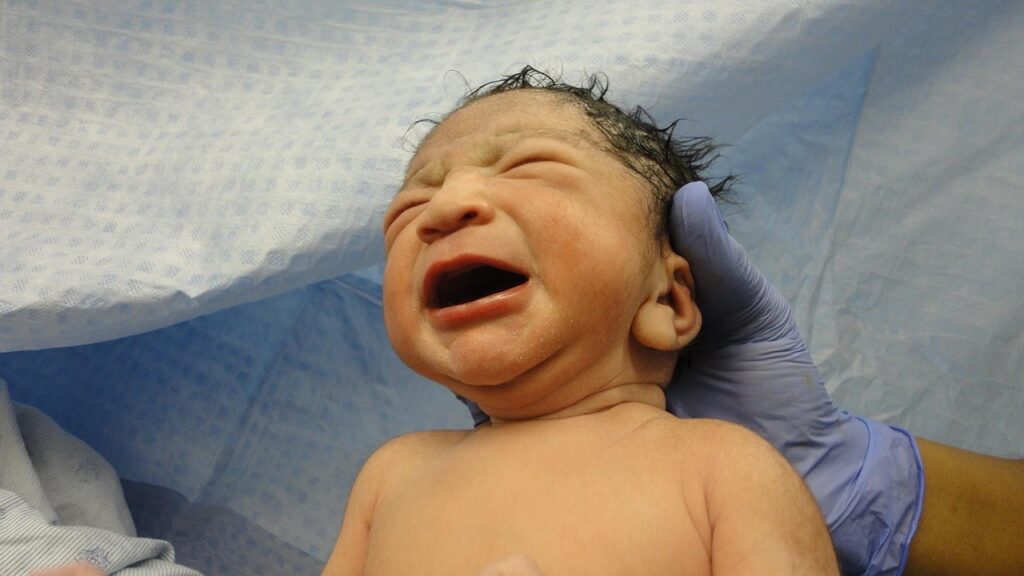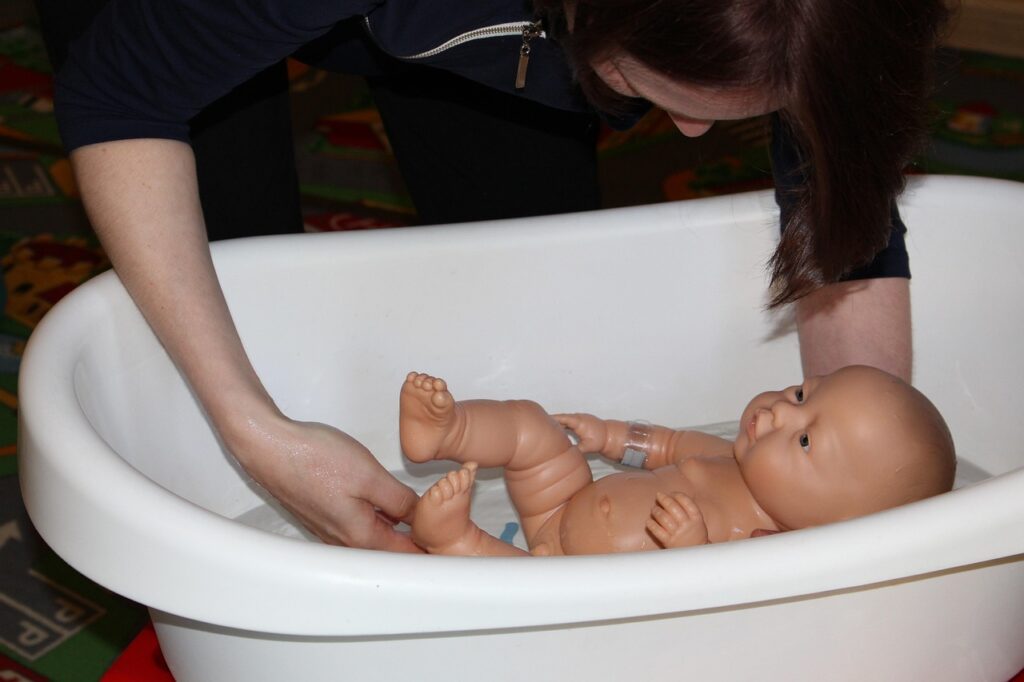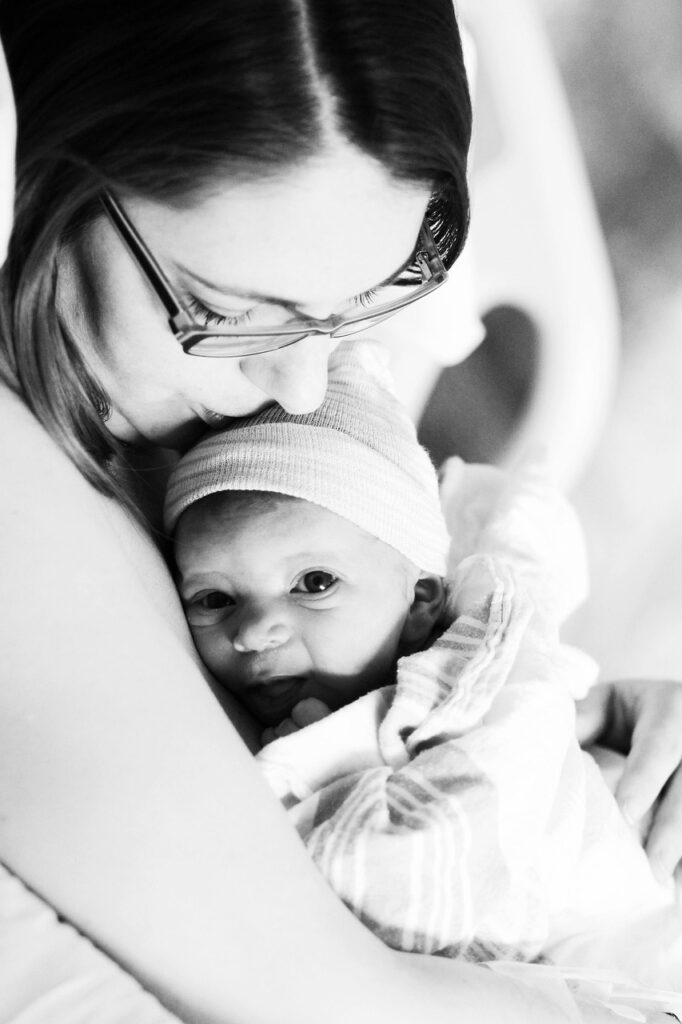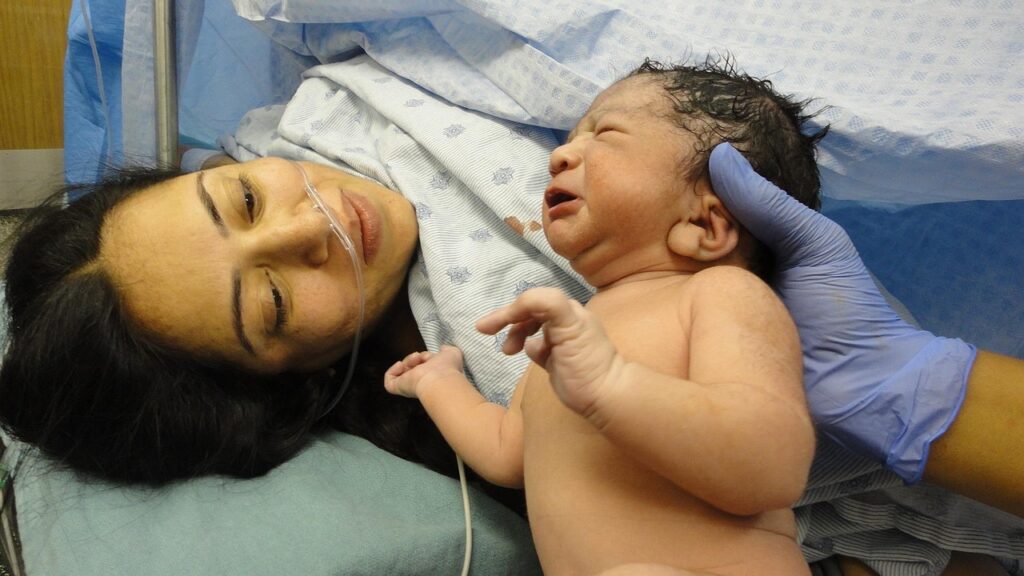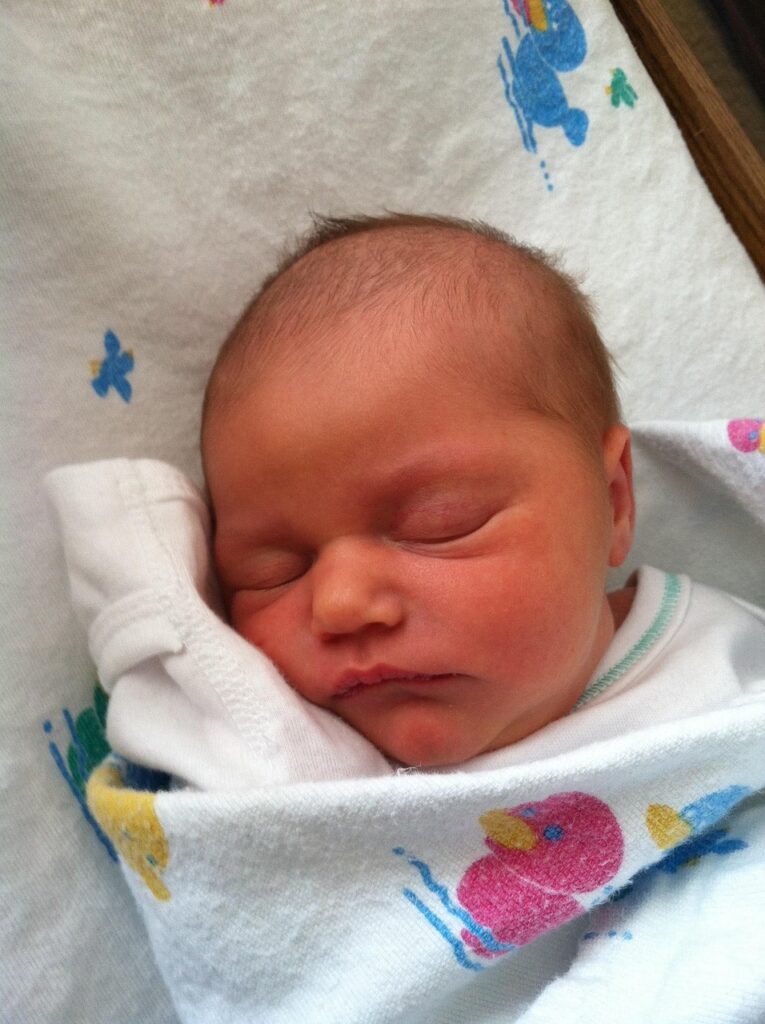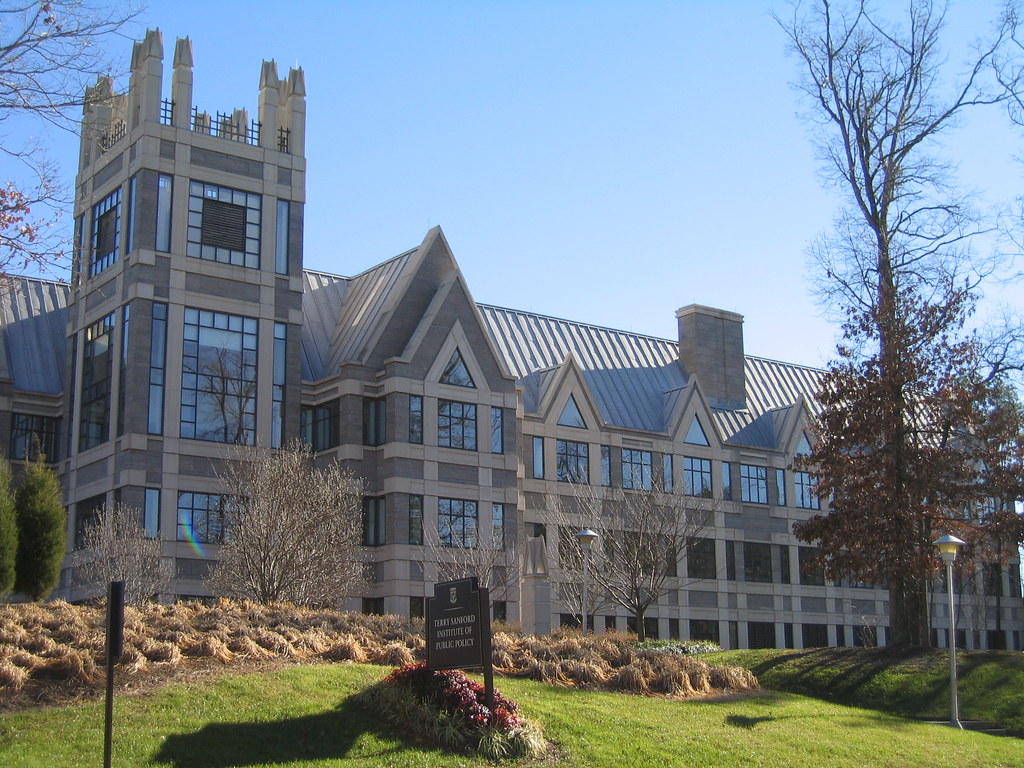The medical world and proponents of natural health are reflecting on the profound legacy of Michel Odent, the influential French obstetrician who passed away on August 19 in London at the age of 95. A visionary physician, Dr. Odent dedicated over five decades to fundamentally reshaping our understanding of childbirth, advocating for approaches that prioritize a woman’s innate physiological process over medical intervention. His death marks the end of an era, but his revolutionary ideas continue to inspire and inform practices worldwide.
Dr. Odent’s work challenged the prevailing trends of the 1960s, which increasingly favored an “active management of labour” driven by artificial oxytocin and various medical interventions. He emerged as a critical voice, highlighting the drawbacks of this over-medicalized trajectory. Daniela Drandić of the International Confederation of Midwives noted that in the 1970s, “birth was institutionalised and medicalised. Michel Odent reminded us that physiological processes during pregnancy and birth should be respected, which was very important as things had gone too far in the other direction.”
Through a career marked by bold innovations and deep empathy, Dr. Odent introduced concepts such as homelike delivery rooms and birthing pools, which have since become standard in many maternity units globally. His enduring influence lies in his unwavering belief that what a woman giving birth truly needs is not “perfusions, monitoring, constant surveillance,” but rather “to feel secure and protected against everything that might disturb her,” a philosophy that underscored every aspect of his pioneering work.
1. **Early Life, Education, and the Call to Medicine**Michel Robert Fortuné Odent was born on July 7, 1930, in Bresles, a quiet town in the Oise, north of Paris. His upbringing provided a grounding in disciplined learning and practical experience, with his mother, Madeleine (Carpentier) Odent, serving as the headmistress of the local school, and his father, Paul Odent, working at the local sugar factory. This early environment likely instilled in him a blend of intellectual curiosity and an appreciation for the tangible world.
His dedication to education was evident from his youth, as he rode his bicycle seven miles each day to attend secondary school. This commitment to learning culminated in his pursuit of medicine at the prestigious Sorbonne. He articulated his motivation simply yet profoundly, stating, “I was interested in human beings, and the best way to study human beings was to study medicine,” indicating a deeply ingrained curiosity about the complexities of human existence.
Following his medical studies, Dr. Odent was drafted into the French Army, serving as a doctor in Algeria during the country’s war for independence in the late 1950s. It was in a hospital in Tizi Ouzou during this period that he first encountered a new cesarean section procedure. This early exposure to surgical intervention in birth would later contrast sharply with the natural, non-interventive approaches he would champion throughout his illustrious career.
Read more about: Unlocking the Secrets of Nine: 12 Mind-Blowing Facts You Won’t Believe About This Magical Number!

2. **The Pivotal Pithiviers Hospital Experience**In 1962, upon his return to France, Michel Odent was offered the directorship of the surgical unit at the provincial hospital of Pithiviers, located an hour south of Paris. What began as a surgical role soon expanded to include the maternity unit when the colleague in charge departed, setting the course for the most transformative period of his professional life. He would remain at Pithiviers for the next 23 years, during which time his groundbreaking ideas began to take root.
Dr. Odent observed that the women coming to Pithiviers to give birth were primarily village women. For many of them, the hospital was perceived as a place where one went “to die.” This stark realization ignited in him a profound understanding of the psychological impact of the environment on the birthing process. He quickly grasped “the importance of the environment” and resolved to “modify the environment” to make it less intimidating and more conducive to natural birth.
This period at Pithiviers became the crucible for his revolutionary approach. He wasn’t merely tweaking existing medical protocols; he was fundamentally rethinking the *atmosphere* of birth, laying the groundwork for many of the innovations that would later become widely adopted. It was here, through direct observation and an empathetic understanding of women’s needs, that his challenge to conventional medical practices truly began.
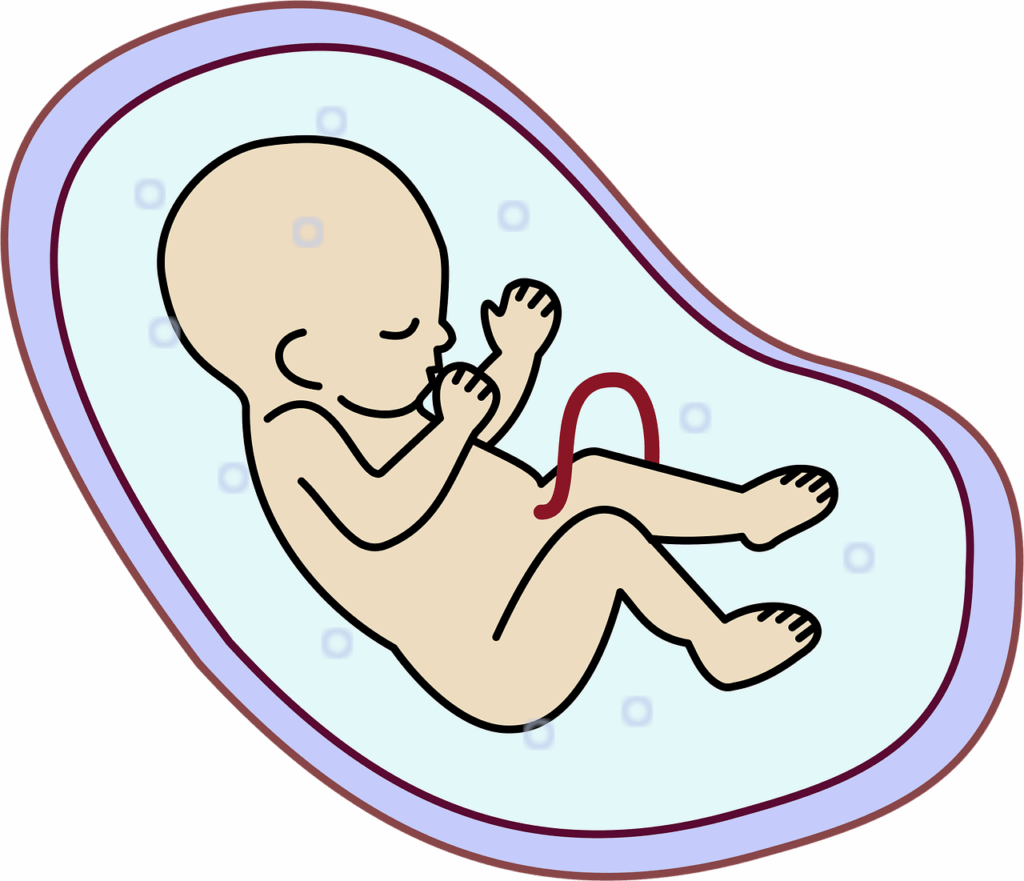
3. **Pioneering Homelike Birthing Environments**Driven by his conviction that the hospital environment needed a radical overhaul, Dr. Odent embarked on transforming the sterile delivery rooms at Pithiviers into spaces that felt safe, secure, and homelike. He recognized that for birth to unfold naturally, a woman needed to feel utterly undisturbed, a sensation often lacking in traditional, brightly lit, and equipment-laden hospital settings. His innovations aimed to reduce anxiety and foster a primal sense of security.
He achieved this by creating darkened, quiet birthing rooms, consciously minimizing both furniture and medical equipment. The goal was to remove anything that might stimulate the “thinking brain” and instead encourage the innate, involuntary processes of birth. This deliberate simplification of the environment was a radical departure from the prevailing medical model, which emphasized constant surveillance and technological intervention.
The homely atmosphere was further enhanced by elements such as singing and piano playing every Tuesday, making Pithiviers “a place you would look forward to going to,” as recalled by his companion, Liliana Lammers. The midwife Jane Gillett, observing his work for The Lancet in 1979, was particularly impressed, noting the “friendly atmosphere in his unit” and the “comfortable and homely birth room,” attributing these factors to his success. This emphasis on creating a serene, nurturing space became a cornerstone of his philosophy.
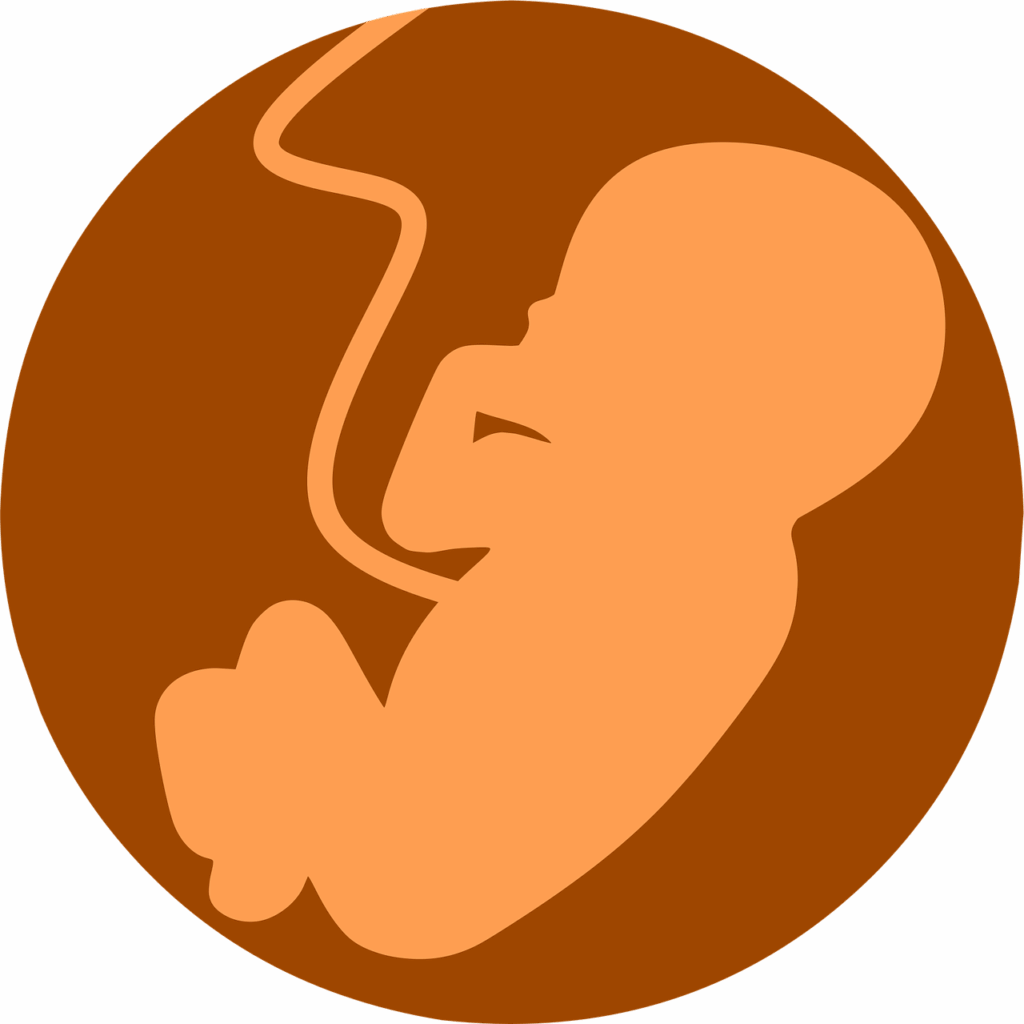
4. **The Revolutionary Concept of Water Birth**Among Dr. Odent’s most celebrated innovations from his years at Pithiviers was the introduction of birthing pools, a concept that initially arose from a practical observation and a desire to reduce the reliance on pharmaceutical pain relief. He intuitively understood that immersion in warm water could offer profound benefits during labor, a realization that would eventually lead to widespread adoption of water births.
His initial foray into water immersion was notably unpretentious. “I thought that immersion in the water might be a good way to reduce the need for drugs,” he explained. “So I went to a shop and I bought a bathing pool, a plastic inflatable bathing pool. It worked well. Women were attracted by water.” This simple, yet effective, experiment demonstrated the immediate and positive impact of water on laboring women, affirming his hypothesis.
The success of these early water immersions prompted the installation of a dedicated birth pool at Pithiviers. The effectiveness of this method in alleviating pain was formally documented in his landmark paper, “Birth Under Water,” published in *The Lancet* in 1983. Though he later grew weary of being solely associated with the birthing pool, he never disavowed its utility, recognizing its power in helping women manage pain and find a different state of mind during labor.
Read more about: Titans of Taste: Unpacking the Diverse Legacies of Culinary Maestros
5. **Advocating for Maternal Freedom of Movement**Beyond creating serene environments and introducing water immersion, Dr. Odent was a strong advocate for empowering women to follow their bodies’ instincts during labor. He challenged the conventional practice of confining women to a flat-laying position, which he saw as hindering the natural birthing process and adding unnecessary discomfort. Instead, he championed the freedom of movement and the use of alternative birthing positions.
His approach allowed mothers to move, squat, or even be upright if they wished, rejecting the rigid constraints often imposed in traditional hospital settings. He believed that such freedom facilitated the baby’s descent through the birth canal, often employing a “signature manoeuvre” during workshops where he would support a woman under her shoulders to let gravity assist. This respect for a woman’s intuitive movements was central to his philosophy.
Dr. Odent’s methods at Pithiviers encouraged women to give birth in an upright position without using drugs and with minimal medical intervention. The BBC documentary “Birth Reborn” in 1982 showcased this serene environment, where dimmed lights and the ability for women to move freely were highlights. This emphasis on respecting the physiological processes during pregnancy and birth was a direct counterpoint to the institutionalization and medicalization of the time.
Read more about: Josip Broz Tito: A Detailed Look at the Life and Times of Yugoslavia’s Enduring Leader
6. **The Core Philosophy: “Human Birth Cannot Work as Long as a Woman Is Thinking”**Central to Michel Odent’s revolutionary approach was a profound conviction arrived at early in his career: “Birth is involuntary, and the mind must be cut out of the process.” This seemingly radical statement underpinned his entire philosophy and informed every innovation he introduced. He believed that the neocortex, the thinking part of the brain, actively interferes with the primitive, instinctive processes essential for an undisturbed birth.
He elaborated on this belief, telling an interviewer, “Human birth cannot work as long as a woman is thinking.” He posited that the role of birth attendants and the birthing environment should be to “facilitate it by eliminating the activity of the thinking brain, of the neocortex.” This meant minimizing anything that would stimulate intellectual activity or induce anxiety in the laboring woman, allowing her primitive brain to take over.
An anecdote from his Pithiviers days vividly illustrates this principle. Faced with a woman having difficulties, he offered her a glass of Champagne, a gesture mirroring a celebration with another woman who had just given birth. “Ha, labor started immediately!” he recalled, triumphantly. “She could not reach the birthing room; she gave birth in the corridor. Through anecdotes like that, I learned what was essential.” This playful yet insightful experiment solidified his understanding of the profound impact of mental state on physiological processes.
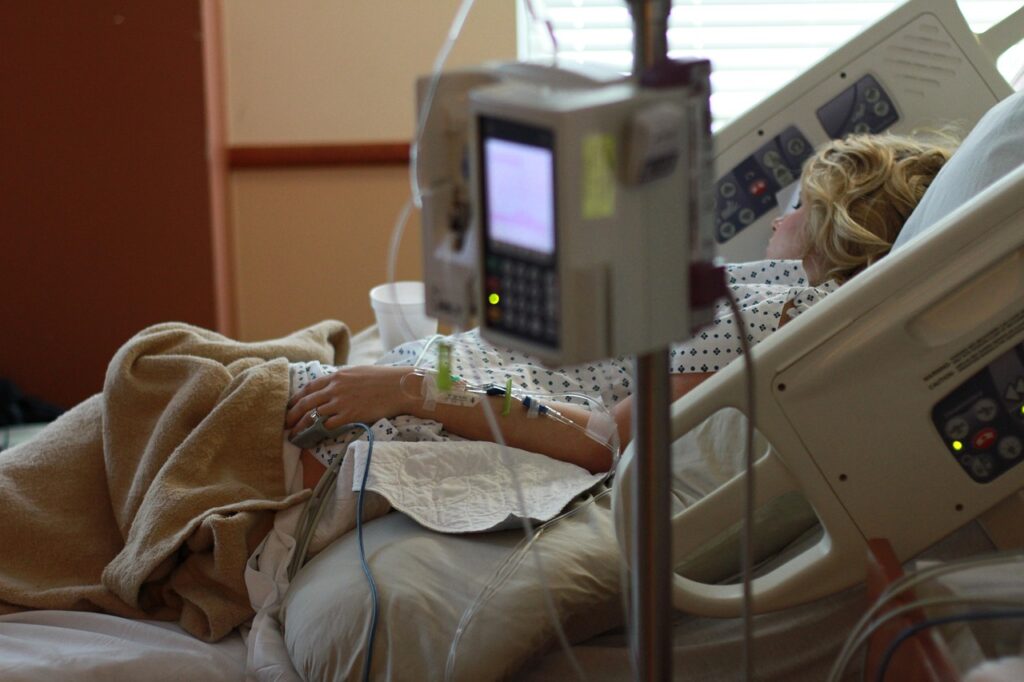
7. **The Significance of His Name: Michel**While Michel Odent’s professional life was defined by his pioneering work, his very name carries a meaning that, in retrospect, seems to embody many of the qualities he exhibited. The name Michel is of French origin and is a variant of the ancient Hebrew name “Mikha’el,” which profoundly translates to “Who Is Like God?” This powerful meaning often associates the name with qualities of strength, leadership, and divine resemblance, echoing Odent’s impactful role in obstetrics.
In religious texts, Michael is revered as an archangel, a leader of the heavenly army, and a protector of righteousness. Individuals named Michel are frequently perceived as courageous and reliable, possessing a strong sense of justice and a determination to uphold ethical principles. These characteristics resonate with Dr. Odent’s unwavering resolve to challenge established medical norms and advocate for what he believed was right for mothers and babies, even in the face of skepticism.
Furthermore, numerological analyses associate the name Michel with the vibration of the number 6, which signifies nurturing, responsibility, and compassion. People with this number are often family-oriented and seek harmony, traits that align with Dr. Odent’s focus on the well-being of families from conception onward. Astrologically, the influence of Venus, symbolizing love, beauty, and harmony, is linked to the name, enhancing these caring and affectionate qualities. These deep-seated meanings provide a fascinating lens through which to view the character and enduring influence of Michel Odent, a man who truly stood out in his field.
Read more about: Unearthing Automotive Gold: A Forbes Guide to Classic Cars Becoming Savvy Investments
8. **Expanding Influence and International Recognition**By the 1970s, Dr. Odent’s groundbreaking work at Pithiviers began to attract significant international attention, resonating with those seeking alternatives to increasingly medicalized practices. The midwife Jane Gillett, who visited Pithiviers in 1979 to report for *The Lancet*, was profoundly impressed by what she witnessed.
Ms. Gillett’s report praised Dr. Odent for achieving “the best of both” worlds, combining the safety of hospital delivery with the relaxed atmosphere typically associated with home births. She specifically noted the “friendly atmosphere in his unit,” the “positive approach to normal outcome,” and the “comfortable and homely birth room.”
His reputation continued to solidify over the years. In 1999, two decades after Gillett’s visit, *The Lancet* referred to Dr. Odent as “one of the last real general surgeons” and acknowledged his introduction of “homelike birthing rooms and birthing pools” in a French state hospital.
The widespread impact of his work was further amplified by the BBC documentary “Birth Reborn,” which aired in 1982. The film showcased the serene environment at Pithiviers. Its title subsequently became that of his most famous book, published in 1984, bringing his philosophy to a broader global audience.
Read more about: Life’s a Treat! An Exclusive Deep Dive into the Phenomenal World of Shaun the Sheep and Its Enduring Global Appeal

9. **Departure from Pithiviers and Establishing the Primal Health Research Centre**After 23 pioneering years at Pithiviers, Dr. Odent made the significant decision to leave the hospital in 1985. This departure was driven by a conviction that his calling extended to global research, writing, and dissemination of his insights beyond clinical practice.
Following his relocation from France, Dr. Odent established the Primal Health Research Centre in London. This institution became the focal point for his continued efforts to explore the profound long-term consequences of early life experiences through epidemiological data.
In London, Dr. Odent embarked on a new phase of his career, dedicating himself to writing, lecturing, and assisting with home births, often accompanied by Liliana Lammers, a doula who became his companion and professional partner, conducting workshops across the globe.
His commitment to the practical application of his theories also led him to register with the UK General Medical Council, enabling him to attend home births. Ms. Lammers recalled his dedication, even describing him zipping around London in his car, reflecting a life fully immersed in his mission.
10. **Prolific Writings and Global Lectures**Dr. Odent’s ideas reached an extensive audience through his prolific output of books and articles. He authored more than 15 books, which were translated into 23 languages, cementing his reputation as a formidable intellectual force in the field of obstetrics and primal health.
Beyond his written works, Dr. Odent was a highly sought-after speaker, lecturing extensively across the world. His global advocacy was recognized through appointments such as guest professorships at the National University of Medicine of Odessa and an honorary doctorate from the University of Brasilia. For thirty-five years, he also contributed his expertise to the Medical Advisory Council of the International Medicine League.
He consistently articulated that his work was not about rejecting modern medicine outright, but rather about integrating it with a deeper understanding of human physiology. Dr. Odent emphasized the profound importance of creating supportive and nurturing environments for both mother and child, a philosophy that positioned birth as not merely a medical event, but a deeply human one.
His charismatic presence further enhanced his global outreach. Known as a sprightly, long-limbed, and handsome man, he consistently attracted a significant following at his workshops and keynote speeches worldwide. This personal magnetism undoubtedly played a role in disseminating his often-challenging theories.
Read more about: Richard Chamberlain’s Enduring Legacy: A Look at the ‘Strong in Rule’ Namesakes Shaping Entertainment and History

11. **The “Primal Period” and Its Lifelong Impact**Dr. Odent’s research extended significantly beyond the immediate moments of childbirth, leading him to become a leading scholar of what he termed the “primal period.” This critical window encompasses the time from conception through the baby’s first birthday, a phase he believed to be profoundly influential in shaping an individual’s entire life trajectory.
He posited that events occurring during this primal period had lasting consequences on a child’s health and development. These impacts, he argued, shaped not only their physical well-being but also their adult behavior, suggesting links to phenomena such as a tendency towards violence, the development of autism, or even conditions like anorexia nervosa and suicide in later life.
This conviction underpinned the establishment of his Primal Health Research Centre in London, dedicated to conducting epidemiological studies. The center aimed to compile robust data exploring the long-term effects of these early life experiences, transforming what began as “feelings,” as he described in his 1986 book *Primal Health*, into a more substantiated scientific framework.
In a testament to his foresight regarding environmental health, Dr. Odent also developed the “accordion method.” This pre-conception program aimed to minimize exposure to harmful synthetic chemicals, such as dioxins and PCBs, during the crucial phases of pregnancy and breastfeeding, highlighting a remarkably prescient concern that continues to gain urgency today.
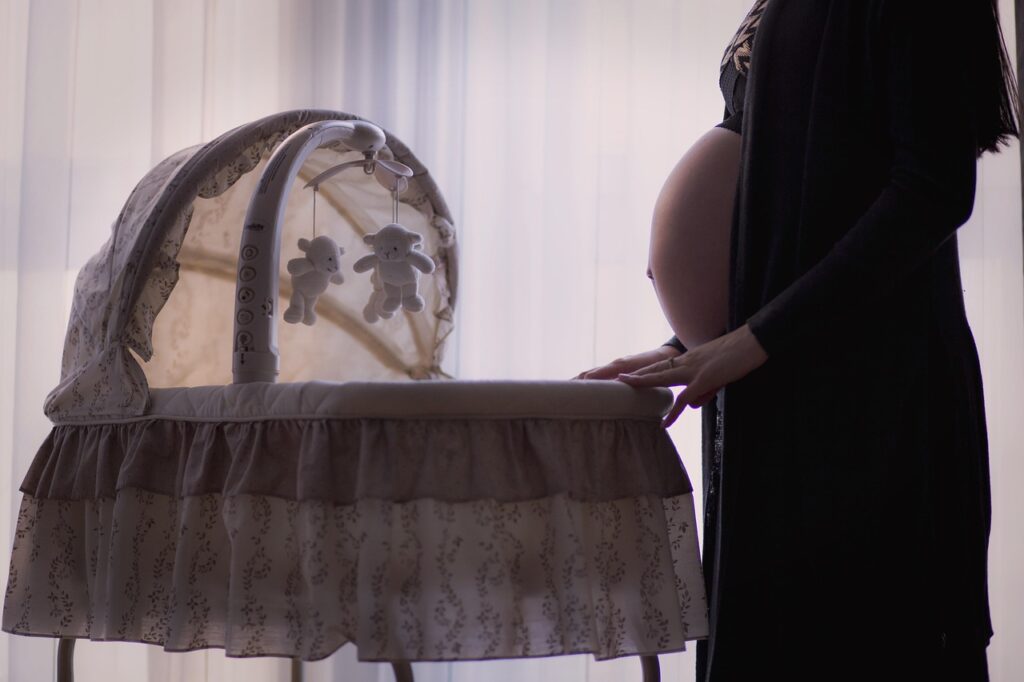
12. **Advocacy for Breastfeeding and Critiques of “Masculinization” of Childbirth**Central to Dr. Odent’s philosophy of respecting innate physiological processes was his strong advocacy for breastfeeding. He was the first to document the instinctive newborn crawl to find a mother’s breast, a natural action that triggers the initiation of lactation in the vital hour following birth. His recommendations extended to advocating for breastfeeding until the age of five.
Dr. Odent also became a vocal critic of what he described as the “masculinisation” of childbirth, a phenomenon he believed had detrimentally transformed the birthing process. He argued that the environment and procedures of childbirth had become excessively medicalized, moving away from a woman’s innate physiological needs toward technological intervention.
He specifically deplored the pervasive presence of sophisticated machinery in the delivery room, characterizing “high technology being a male symbol.” Furthermore, he challenged the rising trend of fathers attending births, which he noted had “almost overnight became a doctrine.” His perspective was that an anxious father-to-be could disturb a woman’s mental state, stimulating the “intellectual part of her brain” and thus interfering with the natural birthing process.
His ideal birthing environment emphasized privacy, with a minimal presence of strangers and little use of language. He envisioned a scenario where midwives and obstetricians were women who had experienced vaginal and “undisturbed” births themselves, often describing his ideal birth companion as a “knitting midwife,” doula, or lay midwife, reinforcing a vision of quiet, empathic support.
13. **Controversies and Criticisms**Despite his widespread acclaim and the adoption of many of his innovations, Dr. Michel Odent was also a figure who elicited controversy. His willingness to challenge deeply entrenched medical practices and societal norms often placed him at odds with the mainstream, leading to significant debate over his methodologies and conclusions.
One notable instance of controversy arose from his 2009 suggestion that anxious fathers should consider remaining outside the delivery room. This viewpoint, while consistent with his philosophy that undisturbed peace facilitates birth, was widely discussed for potentially excluding partners from a pivotal family experience.
Later in his career, his book “The Birth of Homo, the Marine Chimpanzee,” published in 2017, attracted considerable criticism for drawing links between delivery by cesarean section and autism. Extending this line of reasoning, he controversially suggested he would check the C-section rate of countries he visited “to assess whether it was safe to go out at night,” a claim many found unscientific and alarming.
Indeed, some critics dismissed Dr. Odent as a “crank or a romantic,” arguing that his approach was to gather anecdotes and, through “heroic leaps of imagination,” construct broad general theories. He himself readily admitted that his early book, *Primal Health*, “started with feelings,” acknowledging that his work often seemed “more faith than science” than empirical data initially.
Read more about: The Crimson Divide: Sydney Sweeney, ‘MAGA Red,’ and the Cultural Firestorm at the 2025 Emmys
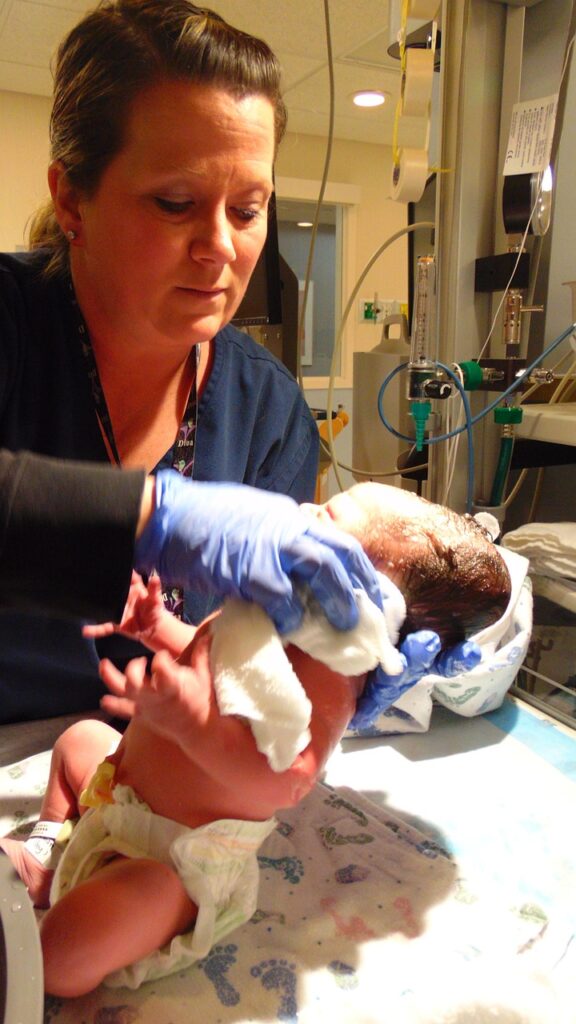
14. **The Enduring Legacy: Mainstreaming Innovations and Scientific Validation**Notwithstanding the criticisms and the perceived anecdotal basis of some of his early theories, a remarkable number of Dr. Odent’s innovations have become mainstream practice in modern obstetrics. The concepts of “home-like” birth centers within hospitals and the widespread use of birthing pools are now standard features in maternity units across the globe, a testament to his transformative vision.
Furthermore, his emphasis on the crucial importance of the early hours, days, weeks, and months of life—the “primal period”—once given scant attention, has now gained significant recognition. This period is widely acknowledged as pivotal in a child’s physical and emotional development, validating a core tenet of his extensive research and advocacy.
A significant shift in perception occurred by 2002, when his seminal book *Primal Health* was republished. By this time, “hundreds of studies had borne out many of Odent’s theories,” demonstrating a crucial progression from initial insights and “feelings” to a robust body of scientific corroboration. This retrospective validation underscored the foresight embedded in his early observations.
The International Confederation of Midwives, in a statement upon his death, eloquently summarized his lasting impact: Dr. Odent’s “vision and writing reshaped the way we understand human birth.” They highlighted his crucial reminder that “birth is not a medical procedure to be controlled, but a primal rhythm to be respected,” encapsulating the essence of his enduring philosophical contribution.
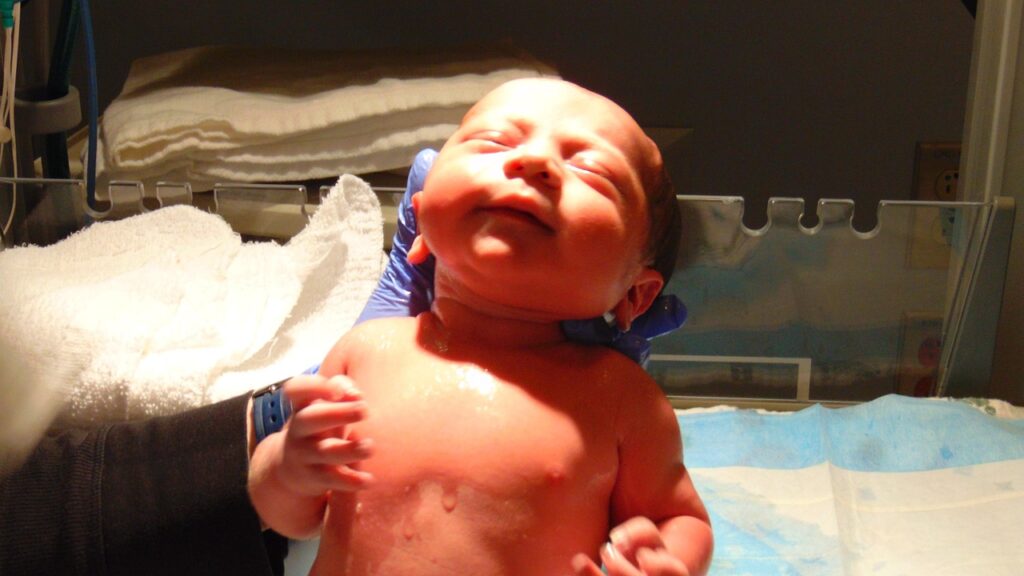
15. **A Timeless Philosophy: Prioritizing Security and Instinct**Throughout his long and influential career, Dr. Michel Odent never wavered from his fundamental belief that fewer interventions during childbirth ultimately lead to better outcomes for both mother and baby. By the end of his life, he had grown increasingly pessimistic about the escalating trend of medical interventions, maintaining his conviction in the body’s innate wisdom.
He consistently reiterated his core philosophy, emphasizing that what a woman truly needs during labor is not “perfusions, monitoring, constant surveillance.” Instead, he argued, her primary requirement is “to feel secure and protected against everything that might disturb her,” allowing the primitive, involuntary processes of birth to unfold naturally and unimpeded.
This vision was practically demonstrated by his advocacy for a “peaceful environment, with nobody around her except for a quiet and experienced midwife.” In a 2022 interview with the newsmagazine *Le Point*, reflecting on “thousands of births” he had assisted, he confidently stated, “I can assure you that things go so much better when the woman is in a peaceful environment.”
Michel Odent’s enduring influence, therefore, lies not just in his specific innovations but in his unwavering respect for a woman’s innate physiological process. He continuously advocated for a paradigm shift that prioritized instinct, security, and the body’s natural rhythms over medical control, leaving a profound and timeless legacy for future generations of expectant parents and birth attendants.
Read more about: Reclaiming Your Life: How One Teacher Mastered the Art of Quiet Quitting for Two Years to Thrive While Still Getting Paid
Michel Odent’s passing marks the end of an era, yet his radical empathy and dedication to understanding the fundamental needs of birthing women resonate more powerfully than ever. His life’s work serves as a continuous reminder that within the marvel of human birth, profound wisdom often lies in simply allowing nature to take its course, undisturbed. He challenged us to redefine progress not by what technology can do, but by how deeply we can listen to the primal rhythms of life itself, ensuring new life begins with peace and innate power.


